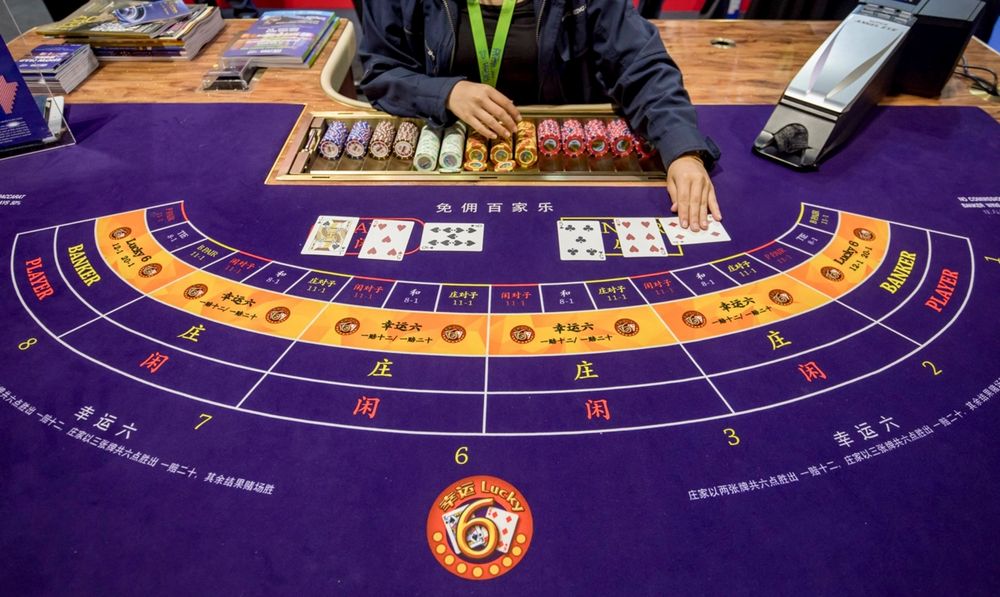NEW DELHI — In a move that stunned the online gaming sector, India’s Parliament has fast-tracked and passed the Real Money Gaming (RMG) Ban Bill in record time, sparking mixed reactions from operators, players, and policy experts.
The bill, cleared in both houses within just 72 hours, prohibits online games involving stakes in cash or digital assets, citing risks of addiction, financial losses, and consumer protection gaps. Lawmakers backing the measure pointed to rising cases of problem gaming and debt traps among youth as justification for urgent action.

For India’s booming tech and gaming industry, however, the decision has triggered alarm. Leading associations argue that the legislation fails to distinguish between games of skill and games of chance, lumping together everything from rummy and fantasy cricket to poker and teen patti. “This blanket approach risks driving users to unregulated offshore apps,” one industry advocate noted.
Karnataka moves to regulate online gambling with new licensing bill
The economic impact could be significant. According to KPMG India, the real money gaming sector was valued at INR 16,700 crore (USD 2 billion) in 2024, with projections to nearly double by 2028. Tax revenues, advertising deals with cricket leagues, and thousands of jobs in states like Karnataka, Telangana, and Maharashtra may now face disruption.
Regulatory storm: New Delhi courts debate youth safeguards amid ₹1,200 crore gaming revenues

At the same time, consumer groups have welcomed the move, framing it as a necessary safeguard for vulnerable players. The government has promised to create a regulatory task force to explore safer frameworks for online entertainment, but details remain scarce.







































